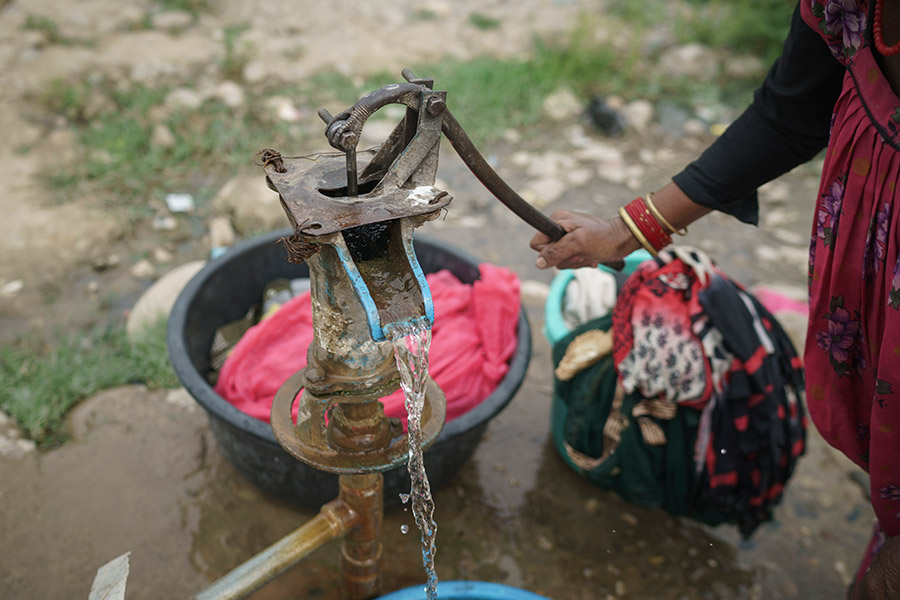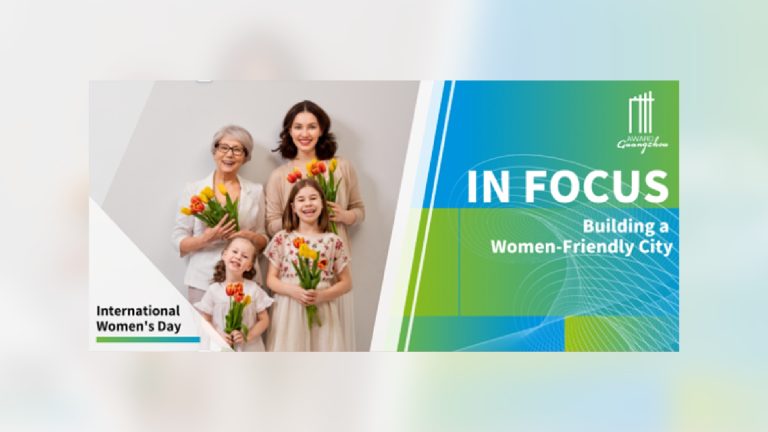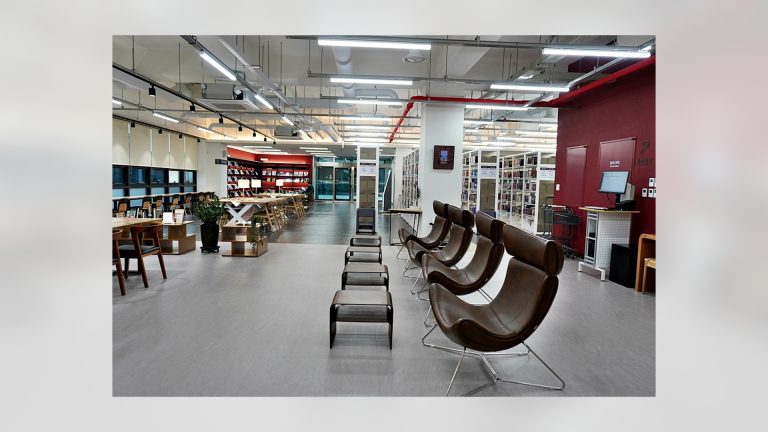The Joint Monitoring Report by WHO-UNICEF indicated that Bangladesh had achieved the target of 100% access to sanitation in 2015, however, the reality on the ground is that this achievement has not been fully supported by proper sanitation services. One of the multifaceted challenges is that there are very limited numbers of functioning sanitation facilities in the Country. People still illegally discharge domestic waste into the sewer. In many instances, those are directly connected into the sewer without prior treatment through septic tank. Even in the case where septic tank or different forms of pit latrines do exist, it is often poorly designed, constructed, and maintained. It is mostly built without proper consideration on the number of users and desludging frequency. In addition to that, there is no periodic monitoring from the government. A preventative approach of safely managed sanitation facilities is much needed. If the government’s policy as well as the design of these facilities are improved, the financial burden especially at municipal level would be much lower.
To address the situation, the Government of Bangladesh and relevant stakeholders in the Country have consolidated their efforts to tackle the challenge by releasing the Institutional Regulatory Framework (IRF) for Faecal Sludge Management (FSM) in 2017. The Framework sets up a clear distribution of roles and responsibilities of various stakeholders to implement FSM services in different types of administrative level in Bangladesh. Building upon this foundation, the Country has set a goal to go beyond FSM, by aiming to elevate the full context of the Sustainable Development Goal (SDG) 6.2. The underlying principle is that sanitation is not a matter of providing toilets only, it should also provide a universal access of safe sanitation for all.
This rationale is fully aligned with the Citywide Inclusive Sanitation (CWIS) Initiative, a policy conceptual framework introduced by the Bill and Melinda Gates Foundation (BMGF) to strengthen local governments’ understanding and policy development knowledge on city sanitation challenges, in order to improve relevant services, while ensuring that they consider the whole context of SDG 6.2 and achieve the targets set in a comprehensive manner.
CWIS advocates that safe sanitation services should be delivered equitably and inclusively for all citizens and in a sustainable manner. Safe sanitation services mean that the whole value chain of the services is safe for human, starting from the first user’s interface contact with the toilet, proper design of containment system, approved standard operating procedure during emptying, collecting, and transporting, suitable treatment facility with proper management for reuse/disposal. Inclusive equitable delivery means that the service will benefit everyone regardless their gender, races, age, able and disabled, religions, and other local socio aspects that may be the case in different regions. Sustainable manner means the Government will ensure sufficient financial support in order to maintain the sustainability of the services. It can be in the form of sole government fund, or partnership with external institutions, private party, and international donors.
The CWIS consists of seven key principles, which serve as a framework guideline to help local governments assess their existing sanitation status and implement the Concept in their municipality.
Funded by BMGF and implemented by UCLG ASPAC as executing agency on the ground, the Policy Advocacy on Sanitation in South Asia Project addressing two countries, Bangladesh and Nepal, has been promoting the importance of proper FSM services at municipal level. The project has been successful in raising the awareness on IRF for FSM of more than 156 municipal officials and Mayors in Bangladesh, which is almost half of all the municipalities (total 328). Through this transformative process, the Project recognises that in order to mainstream the achievement of SDG 6.2 as part of the urban sanitation agenda, Bangladesh needs to leverage their focus not only on FSM but going towards safe sanitation.
We believe that the IRF for FSM implementation at municipal level can be significantly leveraged for a broader strategic goal, through a mandatory adoption of CWIS concept. The consideration of CWIS principles during the decision-making and planning stages ensure optimal end results. With CWIS, gender and social communities are engaged into planning, management, and monitoring. Likewise, the needs of workers, providers, and customers are heard and incorporated. Both IRF and CWIS concept are complementing each other and equally important. While IRF aims to lay out specific roles and responsibilities of various stakeholders for development and implementation of sanitation service (focusing on FSM), CWIS aims to wider the scope beyond FSM, taking into consideration an inclusive and sustainable safe sanitation under SDG 6.2.
Shifting the policy paradigm requires strong political will and support from the Government to create conducive enabling environment. The Project would like to put forward concrete recommendations for consideration:
- To set a national policy that includes CWIS concept as an integral part of IRF, in order to set out a comprehensive approach to achieve inclusive and sustainable safe sanitation following SDG 6.2;
- To advocate for a central government’s political endorsement for the municipal level adoption of both IRF and CWIS concepts, in order to mainstream sanitation improvement across the country;
- To garner leaders’ commitment in providing adequate resources and comprehensive capacity development programme, to enhance local governments’ understanding on the IRF with CWIS concepts and implementation;
- To ensure that the policy does not only target government officials, but also all other relevant stakeholders. This can be achieved through advocacy campaigns to promote CWIS concept to urban planners, utilities, technology and services providers, community, academicians, and private entity, in order to ensure all stakeholders have the same understanding on CWIS, and contribute to shifting the focus nationwide;
- To engage local community through policy advocacy and communication campaigns, specifically aimed in promoting the positive results from shifting the focus. Community needs to realise that sanitation is not only about FSM, but rather an inclusive and sustainable safe sanitation, as well as the differences and benefits entail;
- To develop a policy support for periodic monitoring and evaluation on the status of the implementation process and achievement.
Bangladesh has set up solid foundation towards achievement of SDG 6.2 through the achievements on FSM. It is now time for the Country to go above and beyond. Mainstreaming the concepts of IRF and CWIS in the national policy can serve as Bangladesh’s important step stone towards achieving the SDGs and urban agenda.











